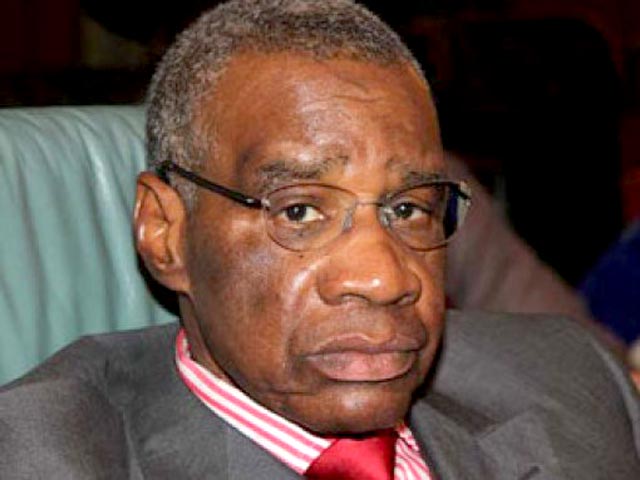The Chief Justice of Nigeria, Justice Dahiru Musdapher has called for the re-appraisal of international instruments such as the 1951 convention related to the status of refugees, the 1948 declaration of Human Rights and the African Union convention to reflect the modern challenges of refugees.

Statistics by the International Rescue Committee shows that there are about 42 million displaced people in the world, 25 million of which are in Africa.
The Committee’s record also shows that there are 12 million refugees in the world, about 3.2 million of which are in Africa.
The Chief Justice of Nigeria, who was speaking at the training workshop for Judges and Khadis on refugee laws, blamed the trend on what he called the lukewarm observance of relevant international law and the narrow scope of the laws which provide no answer for the escalating scale of internally displaced persons and refuges around the world.
He calls for a review of these laws especially in Nigeria.
Justice Musdapher, who decried the increasing rate of the violation of the principles of non-refoulments by countries around the world, says it has become imperative to provide an internationally minimum standard for the treatment of forcibly displaced persons.
“It is imperative to reappraise international instruments such as the 1951 convention relating to the status of refugees. A general overview of these instruments is germane and provides internationally the accepted minimum standards for the treatment of forcibly displaced persons,” he said.
The chief justice added that efforts must be made to ensure that the rights and wellbeing of stateless and internally displaced persons are protected beyond the provision of relief materials.


